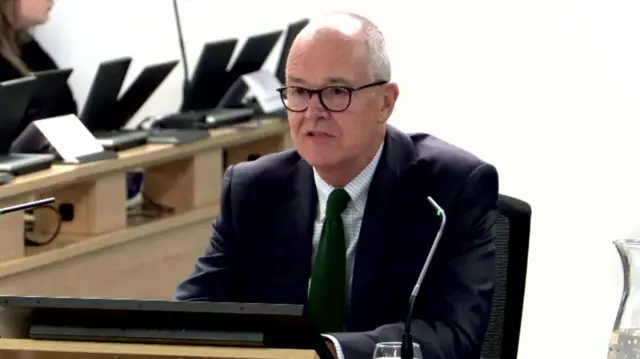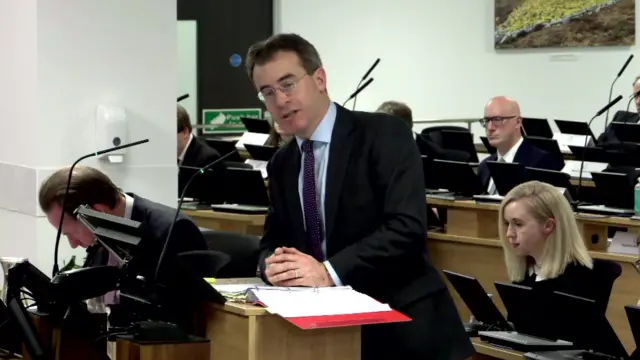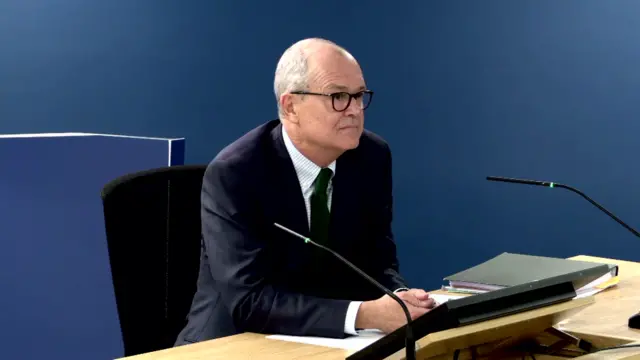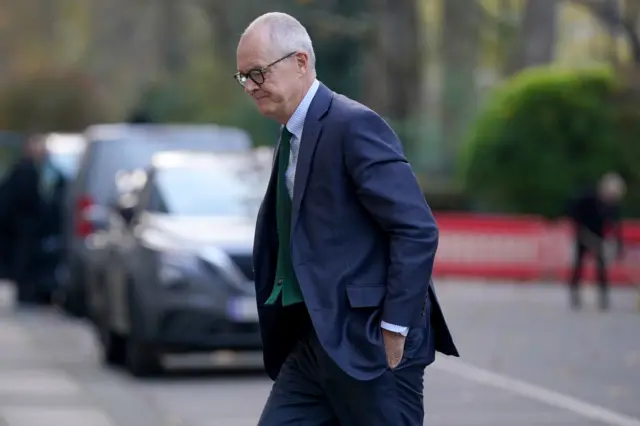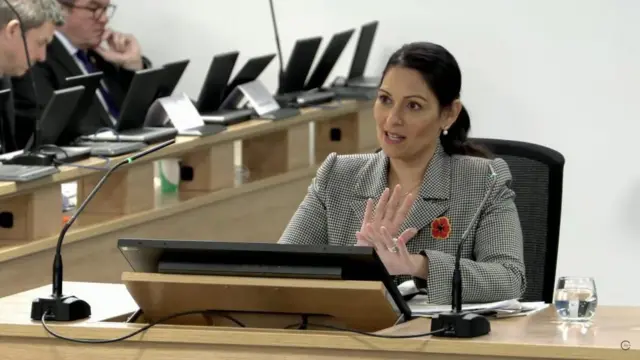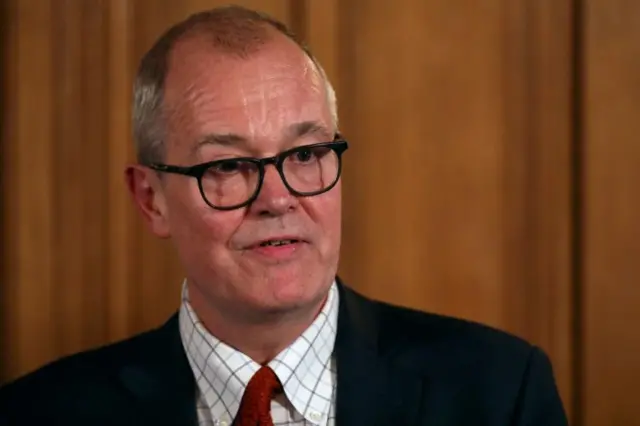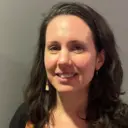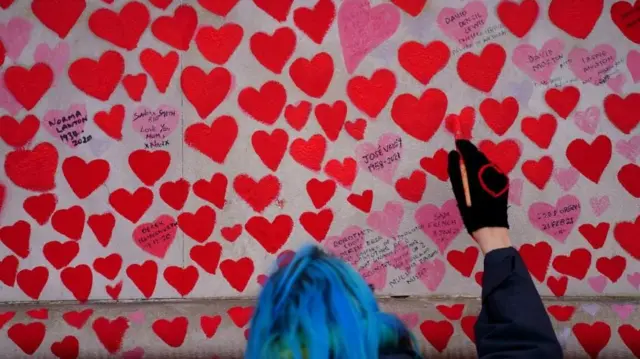Vallance: Difficult to know whether Covid was going to be contained in Chinapublished at 11:24 GMT 20 November 2023
Vallance says it was not "inevitable" at that moment that the pandemic would spread.
He says it is "difficult to know" whether Covid was going to be contained in China and elsewhere.
"Had it been," he says, "then it could have been shut down and it wasn't.
"It became spread much more easily than anyone had anticipated. That's what was not known at the time."
